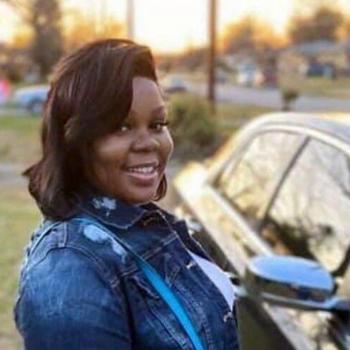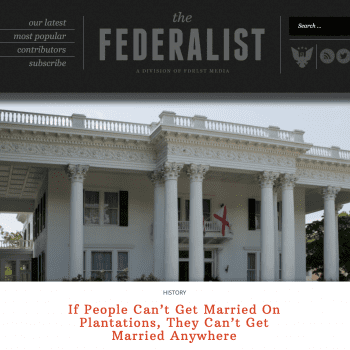I may not believe in God, gods, or the supernatural, but I don’t have a problem with other people doing so. It’s funny, at some point I think I did have a problem with that. In the earlier days of blogging, even, I felt more opposed to theistic beliefs. Indeed, there are things I wrote several years ago that I might well not write today. Of course, I still am opposed to some religious beliefs. I am opposed to beliefs that hurt people, to beliefs that cause people to hurt others, and to beliefs that create dysfunctional family structures or tear families apart. But I’m not opposed to the concept of belief.
I’m trying to think what changed, and what brought me here.
For one thing, I’ve made an increasing number of feminist religious friends, and I’ve found things like liberation theology fascinating. Oh, I don’t actually believe any of it in a literal sense, but I’ve been fascinated by the ways religion can be used to free rather than oppress. Religion can lead to great harm, yes, but it can also lead to great good. I have friends who are evangelical, Jewish, episcopalian, congregationalist, and Buddhist, and are among the most caring, passionate, justice-seeking people I know.
For another thing, I’ve ceased to see a rejection of the supernatural as some sort of cure-all to the world’s problems. Part of this of course has been the issues of feminism and sexism percolating within movement atheism, on both blogs and at conferences, for the last several years. Sexism and misogyny are not a religious thing. They are a people thing. They are a patriarchy thing, and patriarchy came before religion. And then of course there are anti-vaxxers. It turns out you don’t have to be religious to latch dogmatically to demonstrably false and objectively harmful beliefs. If I imagine a world with no religion, the world I see is not actually a better world than the one we have today.
When it comes down to it, I don’t see religion as my enemy. I see bigotry, intolerance, dogma, and hate as my enemy, and all of those things exist outside of religion as well as within it. Further, it is possible to fight against those things inside of religion as well as outside of it.
I think one thing that has changed is that I’ve become more involved in thriving homeschool graduate and spiritual abuse survivor blogging community. Many of my fellow bloggers are people who have gone through incredible difficulties in life, and who have struck out and forged their own paths—and yet, who still believe in a God. I stand shoulder to shoulder with these bloggers as we take on toxic religious ideas and abusive Christian leaders, sharing the same goals and fighting the same battles, and yet they believe and I do not.
Some months back, someone very close to me was going through her own spiritual crisis. She grew up in a conservative evangelical homeschooling family, but now as an adult found herself physically ill every time she stepped into a church. She knew she needed to rethink what she’d been taught growing up, and to come to her own conclusions about all of it, but was afraid to. I encouraged her and was there for her. I was her sounding board and her support. And yet, I never pushed her toward atheism or away from belief in God. I realized, to my surprise, that I honestly did not care whether she ended up some form of more open Christian, spiritual but not religious, or agnostic/atheist. What I cared about was that she find a place where she could feel happy, fulfilled, and safe.
Oh, there are some things I care very much about. Freedom of speech and freedom of belief, for instance. Or, intersectionality and the feminist challenge to patriarchal structures. Or, the humanity and dignity of children. The thing is, all of these things are possible within religion as well as outside of it—and all of these things need fighting for both inside and outside of religion. There are plenty of nonreligious ideologies that have threatened freedom of speech and freedom of belief, and that continue to do so today. There is plenty of sexism and misogyny outside of religion. There is just as much putting down of children outside of religion as within it. And there are religious individuals as well as nonreligious individuals who advocate for each of these causes, and many more.
I’ve also found that the very flexibility of religion can help in fighting for any one of a number of social justice causes. If a Christian is anti-gay, it works better to show him that there are ways to interpret the Bible that are not anti-gay than it does to try to persuade him out of religion in order to persuade him out of his bigotry. If a Christian endorses sexism in gender roles or modesty rules, the same is true. The gentle parenting movement growing within evangelicalism is more evidence of this. And besides, persuading someone out of religion does not always mean persuading them out of their homophobia, sexism, or devaluing of children.
And so, in the end, I am not an anti-theist.














